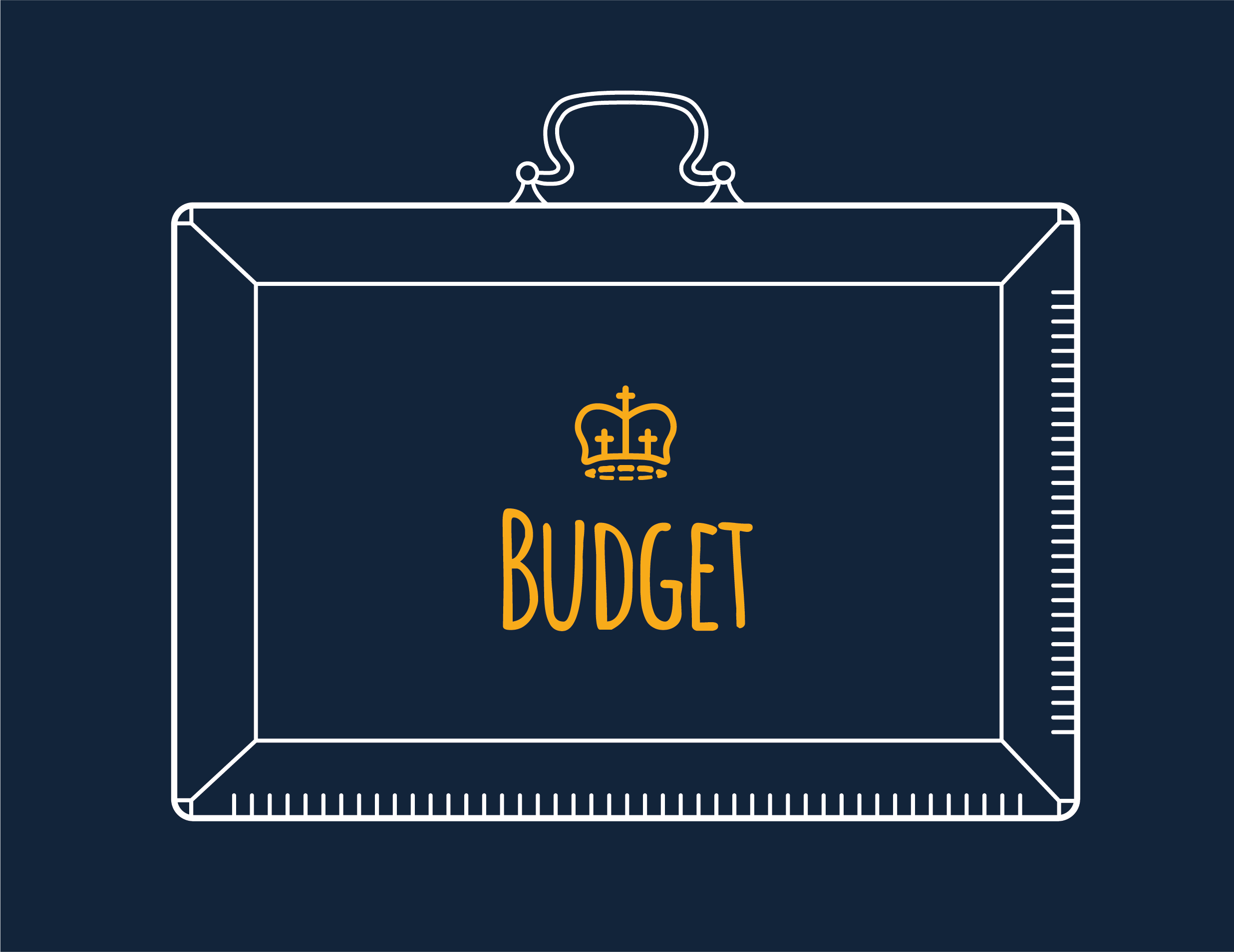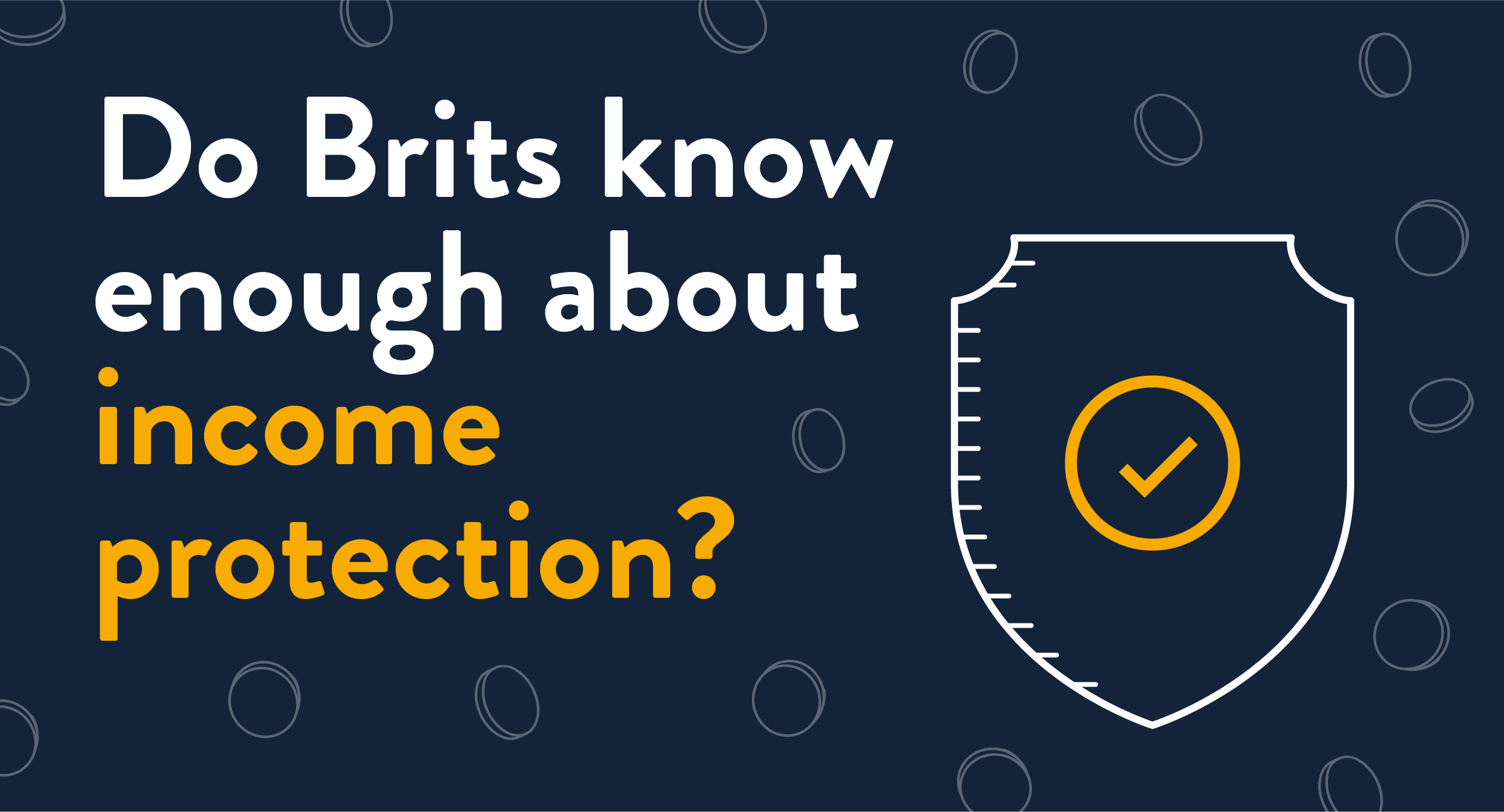
On 26th November 2025, Chancellor of the Exchequer Rachel Reeves delivered her Autumn Budget in the House of Commons, outlining her plans for the UK Economy for the rest of the year and beyond.
In the Chancellor’s ‘scene setter’ speech earlier this month, she vowed to “make the choices necessary to deliver strong foundations for our economy” and claimed that the people put their faith in her “not to always do what is popular, but to do what is right”.
Speculation around this year’s Autumn Budget has been rife, with rumours of changes to tax and an overhaul of Cash ISAs. All was revealed recently, so we’ve put together a summary of the key points from the Budget. Keep reading to find out more.
But first things first…
What is the Budget?
The Budget is the UK Government’s annual financial statement, delivered as a speech with accompanying documents to the House of Commons by the Chancellor of the Exchequer. Our Chancellor is currently Rachel Reeves, who was appointed by Prime Minister Sir Keir Starmer on 5 July 2024, and she is the first woman to hold this position. The Autumn Budget is often followed up by a Spring Statement, usually delivered around March, though this is typically a less extensive economic update.
The Budget outlines the government’s financial strategy for the year to the public and includes announcements regarding taxes and spending, as well as forecasts for the UK economy provided by the Office for Budget Responsibility (OBR).
A sneak peek
Ahead of the Budget, some measures were announced early, these included confirmation of increases to the National Minimum Wage and the National Living Wage, a ‘milkshake tax’ and new ‘tourist tax’ powers for local authorities.
Key Points from the Autumn Budget 2025
The Chancellor repeated her commitment to strengthening the UK economy and reducing the cost of living for the public. She championed “stability, investment and reform” throughout her statement. While there were rumours about direct increases to Income Tax and National Insurance, the Chancellor has instead focused on tax increases elsewhere.
The following measures were announced by Ms Reeves in the Budget statement:
- The amount savers can put in a cash ISA will decrease to £12,000 from April 2027, with the remaining £8,000 of the annual tax-free £20,000 ISA allowance reserved for investment ISAs. (This will not apply to Over 65s, whose allowance will remain the same.)
- Income tax thresholds will remain frozen until 2031, extending the current policy.
- The two-child benefit cap will be scrapped starting April 2026, allowing families of all sizes to claim support.
- A new ‘mansion tax’ will apply to properties worth over £2 million, starting from £2,500 to £7,500 annually.
- An electric vehicle mileage tax of 3p per mile will be introduced from April 2028.
- Taxes on dividends, savings, and property income will increase by 2 percentage points.
- Pension salary sacrifice schemes will be capped at £2,000 from 2029, meaning National Insurance will need to be paid on amounts above this.
- The state pension will rise by 4.8%.
- Rail fares and prescription charges will be frozen for 2026.
You can read more about the 2025 Budget on Gov.uk.
Changes to ISA Allowances
The Chancellor has announced that the tax-free ISA allowance will not change and, for now, remains at £20,000 for adults. However, how you can use that allowance will be slightly different for many savers from April 2027.
Currently, you can use your allowance however you see fit. If you would like to put the full £20,000 in one type of ISA, you are able to do so. From 2027, savers and investors under 65 years old will only be allowed to use a maximum of £12,000 of their overall allowance in cash ISAs. The remaining £8,000 is reserved for stocks and shares ISAs or other investment ISAs. Allowances will stay as they are for those who are 65 or older.
This is a move the Chancellor hopes will encourage more people to invest, including investment in British businesses, and bolster the economy by bringing more money into the investment markets.
“More people could see their savings pots grow”
Despite the changes, savers shouldn’t be put off, according to our Chief Finance Officer, Derence Lee:
“It’s understandable that savers may be feeling apprehensive about the prospect of their cash ISA allowances being cut. However, by embracing the opportunities presented by investing and making the most of their ISA allowances, more people could see their savings pots grow even further. While it’s true that there is some risk involved when you invest, some stocks and shares ISAs can put you in control of the level of risk you’re willing to take, and still potentially deliver returns that outstrip cash savings. Others take the hassle out of investing by doing the hard work for you and there are options for a range of budgets.
“For example, Shepherds Friendly’s Investment ISA is fully managed for you, offering some of the stability of a Cash ISA with the benefits of investing. We use a technique called smoothing which aims to iron out short-term ups and downs in the markets and offer you more reliable returns over the long-term. Doing some research can help you boost your investing knowledge and find the right investment ISA to help you that fits your circumstances. If you’re unsure, a financial adviser can help.”
Income Tax won’t change, but taxes are still on the rise
Overall, the Chancellor announced tax increases of £26 billion by the end of this Parliament. While this was not funded by increases in Income Tax as many had previously thought, there are a number of other key areas where revenue will be generated.
This includes the maintenance of the freeze in income tax thresholds until 2031. Freezing Income Tax thresholds leads to a process called ‘fiscal drag’, in which taxpayers are ‘dragged’ into a higher tax threshold due to increases in income. Although these taxpayers won’t have experienced a significant increase in real income, they will begin to pay more in income tax as thresholds have not been increased in line with inflation.
Another notable revenue source will be the introduction of a £2,000 cap for pension salary sacrifice schemes, which will come into effect in 2029. Currently, if you contribute to your pension via a salary sacrifice scheme, you can make Income Tax and National Insurance savings on the amount you sacrifice from your pay. From April 2029, this will change; National Insurance exemption on these contributions will be capped at £2,000. Anything amount above this will be subject to National Insurance at the usual rates for both workers and employers.
Other tax increases, such as a 2 percentage point rise in income tax on dividends, savings and property, will make up for the shortfall left by the Chancellor choosing not to increase Income Tax. This could lead to many people reviewing their saving options, potentially leading to an increase in investments in ISAs, the growth of which are shielded from Income or Capital Gains Tax.
When will things change?
The changes the Chancellor has announced in her Budget will not all be implemented right away.
After a Chancellor details their Budget to the House of Commons, proposed changes must be debated by MPs. Changes only take effect once Parliament approves them and passes the Finance Bill. Debates can last several days, and any approved measures can then take months to become law.
Provisional collection of taxes allows some measures (like any changes to alcohol or tobacco duties) to take effect immediately. Some other changes including tax rates and thresholds can be passed immediately, although this is quite rare. For example, in last year’s Budget, changes to Capital Gains Tax were implemented straight away.
What should you do next?
The actions you take now, if any, depend completely on your circumstances, as Derence explains:
“As money is usually at the forefront of all of our minds after a Budget, now could be a great time to reflect on your finances. It may be wise to start by getting an idea of if and how any of the Chancellor’s measures will affect you. This will then allow you to make appropriate and informed decisions regarding your finances.
“Other things to consider include streamlining your outgoings and thinking about how to make the most of your tax-free ISA allowances for your future. Taking this opportunity to plan ahead could help you make the most of your money, including your savings and investments, for the rest of 2025 and beyond.”
When you invest, your capital is at risk.


